Egypt, a land of unparalleled historical marvels and rich cultural 66, is a must-see destination that captivates the hearts and minds of travellers worldwide.
This gorgeous country, home to historic treasures that date back thousands of years, offers a wide range of exciting tourist attractions for history buffs, thrill seekers, and anybody looking for an amazing experience. A fascinating tale and glimpses into the lives of the Egyptians who once walked these same sands may be found in every monument, artefact, and cityscape.

The Great Pyramids of Giza, the Sphinx, and the Valley of the Kings are just a few examples of the timeless treasures awaiting travellers to Egypt. These iconic landmarks provide a unique window into ancient civilizations, their beliefs, and the marvels they were able to construct. Alongside these wonders, the mighty Nile River provides an idyllic backdrop for leisurely cruises, enabling tourists to drink in the beauty of the surrounding landscape as they journey through the heart of Egypt.
In addition to its historic allure, Egypt boasts vibrant cities like Cairo and Alexandria, teeming with life, colour, and a blend of old and new. Tradition and innovation coexist, creating a unique atmosphere that entices visitors to explore the bustling markets, palaces, mosques, and ancient ruins complemented by modern architecture. As such, Egypt’s tourist attractions offer many unforgettable experiences, making it a destination that genuinely unveils the wonders of human history and culture.
Brief History of Egypt

Egypt, a land of mystique and wonders, has a history of over 5,000 years. The country boasts a legacy of iconic monuments, art, and cultural treasures that fascinate travellers worldwide.
The story of Egypt’s past can be traced back to the** Predynastic Period** (6000–3150 BC), during which small settlements and trade routes emerged along the Nile River. The invention of hieroglyphics circa 3200 BC marked a significant milestone in the cultural development of ancient Egypt.
The famed Pharaonic Era (circa 3150–332 BC) saw the unification of Upper and Lower Egypt by Pharaoh Narmer, giving birth to a mighty civilization that stood the test of time. This era was marked by the construction of enduring architectural masterpieces, such as the Great Pyramids of Giza and the Sphinx, which continue to enthral visitors today. During this period, Egypt was ruled by 31 dynasties, whose reigns are classified into the:
- Old Kingdom (2686–2181 BC)
- First Intermediate Period (2181–2055 BC)
- Middle Kingdom (2055–1650 BC)
- Second Intermediate Period (1650–1550 BC)
- New Kingdom (1550–1070 BC)
- Third Intermediate Period (1070–664 BC)
- Late Period (664–332 BC)
Following the Pharaonic Era, Egypt experienced a succession of foreign rulers, including the Persians (525–332 BC), Greeks (332–30 BC), Romans (30 BC–395 AD), and Byzantines (395–641 AD). The Ptolemaic Dynasty, established by Greek general Ptolemy I Soter after the death of Alexander the Great, marked a significant Hellenistic influence in Egypt. Cultural advancements and architectural wonders, such as the Lighthouse of Alexandria and the Great Library of Alexandria, characterized this period.
In 641 AD, Egypt was seized by the Islamic Rashidun Caliphate, marking a new chapter in the nation’s history. Islamic rule was consolidated under the Umayyads (661–750 AD) and Abbasids (750–969 AD), during which time Egypt endured political and economic changes. The Fatimid Dynasty (969–1171 AD) ushered in a golden age of trade, art, and architecture, with Cairo emerging as a thriving and cosmopolitan capital.
From 1171 to 1517 AD, Egypt was ruled by the Ayyubids and Mamluks, who fended off Crusaders and Mongol invasions. However, their reign would ultimately succumb to the Ottoman Empire in 1517. Egypt endured difficult times under Ottoman rule until the rise of Muhammad Ali Pasha in the early 19th century considered the founder of modern Egypt.
The 20th century marked a resurgence of national pride and the quest for independence from Britain. Egypt achieved full sovereignty in 1952 and has, since then, navigated through political and social challenges while maintaining its status as an essential centre of culture and history.
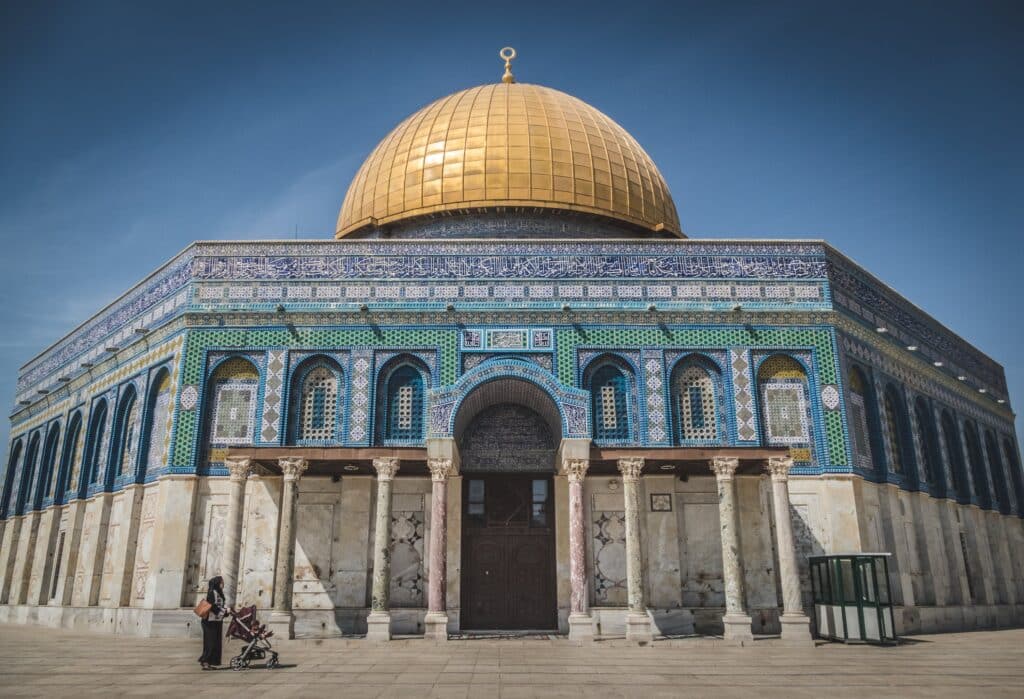
In conclusion, Egypt’s long and storied past is a testament to the resilience and innovation of its people, whose imprint on history remains an integral part of the nation’s cultural fabric. Egypt continues to captivate and inspire visitors and scholars alike, from the ancient wonders of the Pharaonic Era to the diverse influences that shaped its more recent history.
Cairo: The Pulse of Egypt

Cairo, the vibrant capital city of Egypt, is the perfect starting point for any tourist seeking to explore the wonders of this ancient land. With a mix of historical sites and modern attractions, Cairo truly captures the pulse of Egypt.
One of the must-see attractions in Cairo is the Egyptian Museum. The museum houses the world’s most extensive collection of Pharaonic antiquities, showcasing the rich heritage and ingenuity of the ancient Egyptians. Among its thousands of artefacts, you will find the treasures of Tutankhamun, royal mummies, and exquisite statues.
Stepping away from the bustling city centre, the Pyramids of Giza stand tall as a testament to Egypt’s ancient civilization. These iconic structures consist of the Great Pyramid, the Pyramid of Khafre, and the Pyramid of Menkaure. The enigmatic Sphinx guards the area, leaving tourists in awe of its grandeur.
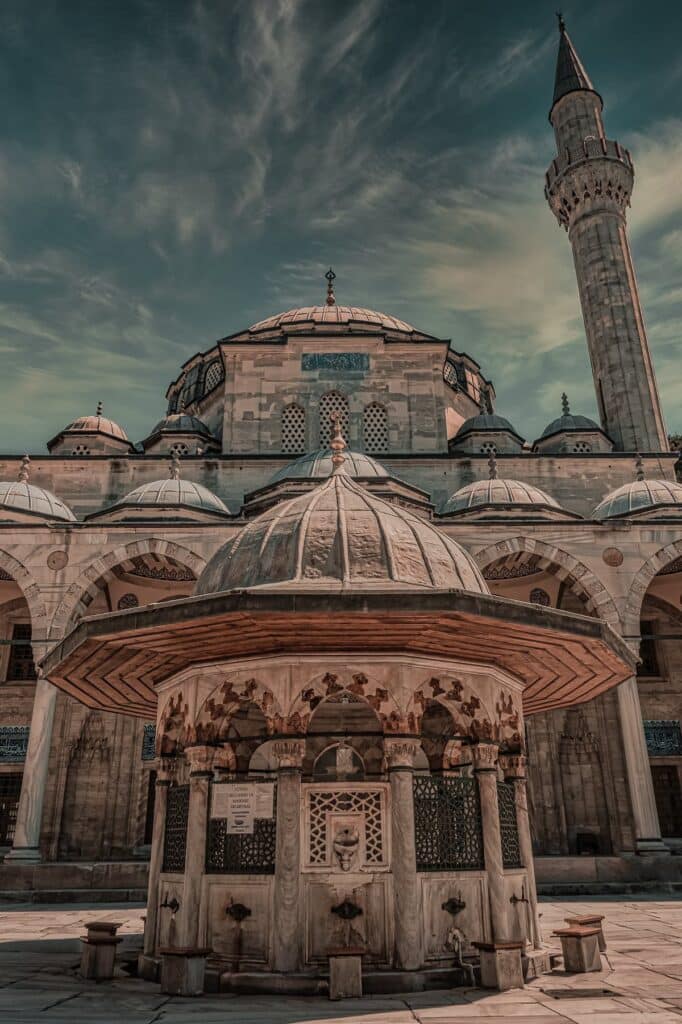
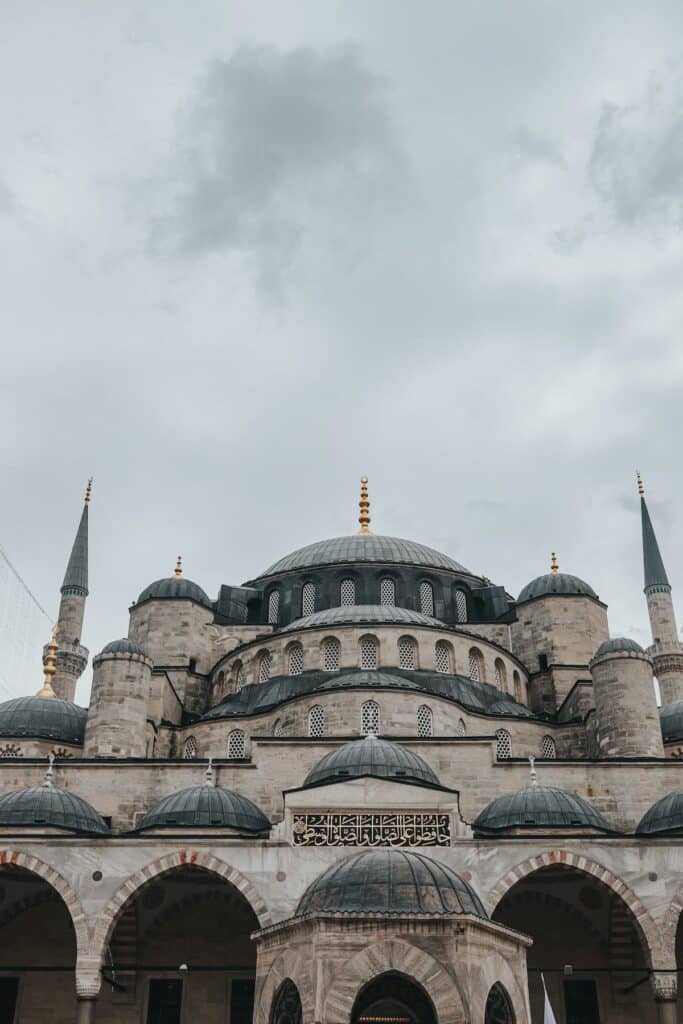
For those seeking an authentic Egyptian experience, look no further than the traditional Khan El-Khalili Bazaar. This sprawling market is a treasure trove of handicrafts, souvenirs, and local delicacies. No trip to Cairo is complete without haggling for a bargain and sipping Egyptian tea at one of its lively cafes.
A visit to Cairo would not be complete without exploring the Coptic and Islamic neighbourhoods that glimpse Egypt’s diverse religious history. Make sure to visit the Hanging Church, the Mohammed Ali Mosque, and the Salah El-Din Citadel to appreciate these sacred places’ intricate architectural styles and rich history.
Whether you delve into Egypt’s ancient history or savour its modern marvels, Cairo is the heart of this unparalleled destination, where old and contemporary wonders coalesce.
Luxor: The Ancient Thebes

Luxor, also known as the ancient city of Thebes, is a rich historical site along the Nile River. This city boasts countless tourist attractions, making it a top destination for travellers interested in exploring Egypt’s magnificent past.
- Temple of Karnak: A sprawling complex of several temples, this location is a true architectural marvel. The temple is dedicated to the Theban triad of gods Amun, Mut, and Khonsu. A key feature is the Hypostyle Hall, an expansive area filled with 134 massive columns, which leaves visitors in awe.
- Luxor Temple: Located near the Nile River’s banks, the Luxor Temple was built during the reign of two great pharaohs, Amenhotep III and Ramesses II. Witness the impressive entrance featuring the Avenue of Sphinxes, which once connected the Luxor and Karnak temples.
- Valley of the Kings: This incredible site is home to 63 tombs of ancient Egyptian pharaohs, including the famous Tutankhamun. A UNESCO World Heritage site, the Valley remains an essential experience for those seeking history and adventure.
In addition to the many historical sites, Luxor offers various activities that cater to different interests. Embark on a hot air balloon ride to experience the beauty of this ancient city from above, or take a leisurely felucca ride along the enchanting Nile River. For those who prefer exploring on foot, consider strolling through the local Luxor market, where you can find souvenir shops, traditional Egyptian cuisine, and a genuine glimpse of everyday life.
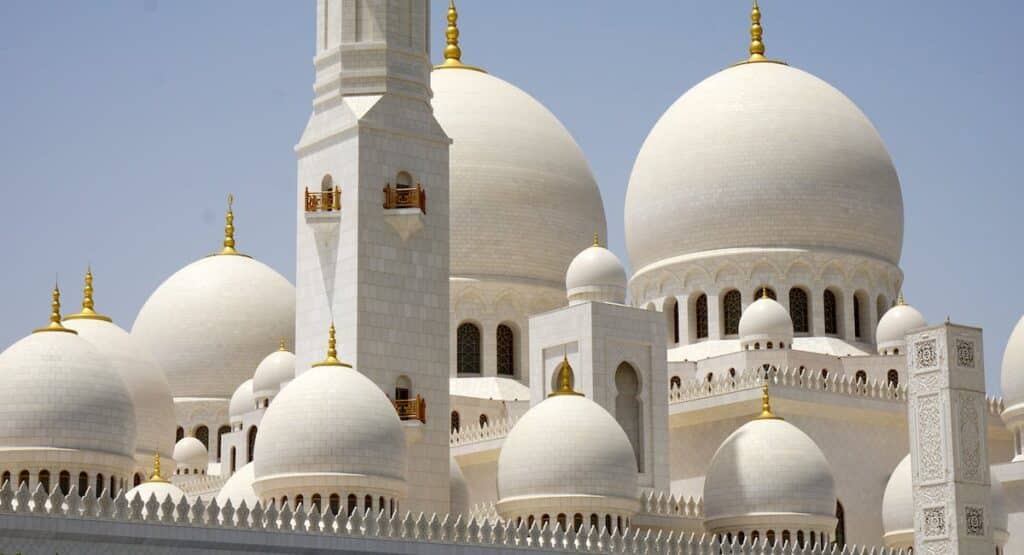
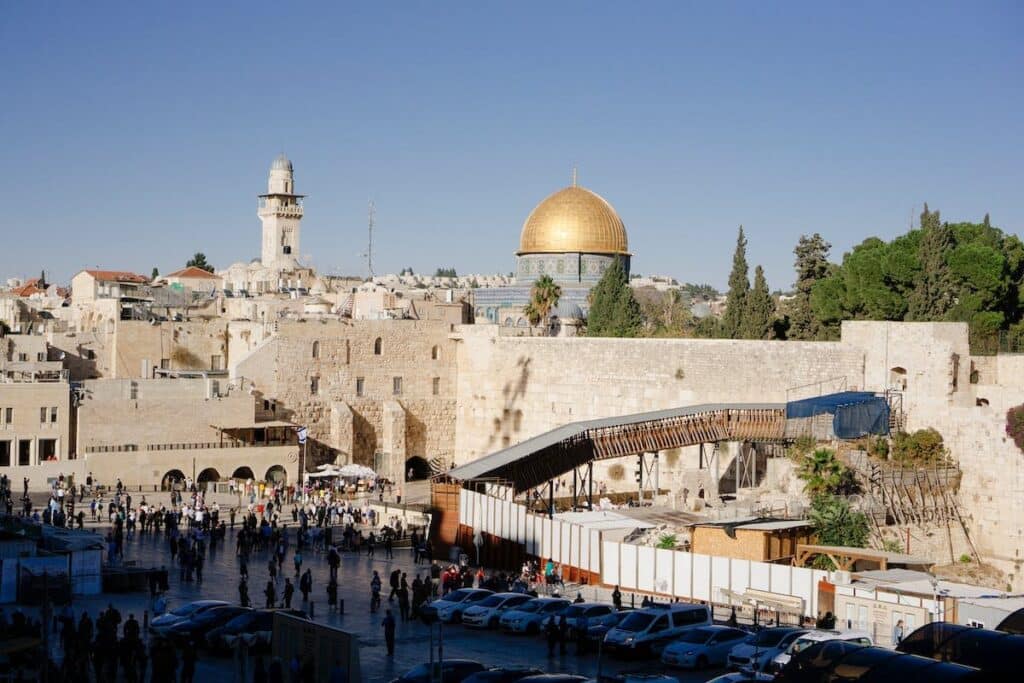
Remember to pack sunscreen, a hat, and comfortable shoes while exploring Luxor’s wonders, as the climate tends to be warm and sunny throughout the year. Luxor’s scintillating beauty will leave a lasting impression, so make sure to relish every moment in this captivating city.
Aswan: A Taste of Nubia

Aswan, a city on the Nile River in southern Egypt, offers visitors a unique blend of ancient history, vibrant Nubian culture, and breathtaking landscapes. Situated between the first and second Nile cataracts, Aswan provides a prime location for anyone seeking to delve into the rich history and culture of the region.
The Old Dam and Philae Temple Complex are prime examples of Aswan’s storied past. The Old Dam, built during the British colonial era, is a testament to the engineering marvels of the time. Nearby sits the enchanting Philae Temple Complex, dedicated to the goddess Isis. The UNESCO-led relocation of the entire complex, now safely on Agilkia Island, has preserved its timeless beauty for generations.
While in Aswan, travellers should not miss exploring the Nubian Villages of Gharb Soheil. Accessible only by boat, Gharb Soheil offers visitors a rare, authentic glimpse into Nubian lifestyle, culture, and hospitality. Be sure to stroll down the village’s sandy streets, marvel at the colourful, traditionally decorated mud-brick houses, and interact with the welcoming locals.
On the west bank of the Nile lies the majestic Nobles Tombs dating back to the Old and Middle Kingdoms of Egypt. These well-preserved tombs, carved into the rocky hillside, feature stunning relief work and hieroglyphs that reveal a wealth of historical information. To further appreciate the splendour of ancient Aswan, visit the granite quarries that supplied the old world with high-quality stone for their most significant monuments – the largest and most famous being the Unfinished Obelisk, standing at an astounding height of 42 meters.
Here are some other notable attractions in Aswan:
- The Aswan High Dam
- Abu Simbel Temples
- The Nubian Museum
- The Monastery of St. Simeon
- Elephantine Island
Aswan is charmingly nestled among the Nile’s winding curves, with sandy dunes and granite rock formations that create a serene landscape. Its slower pace, warm Nubian culture, and timeless remnants of ancient history make Aswan an unmissable destination in Egypt.
Alexandria: The Mediterranean Gem

Founded by Alexander the Great in 331 BC, the coastal city of Alexandria is a must-see destination for tourists exploring the wonders of Egypt. This Mediterranean gem is rich in history, architecture, and culture, providing visitors with an unforgettable experience.
Exploring the Landmarks:
- Library of Alexandria: As a modern homage to the ancient scholarly institution, the bibliotheca Alexandrina is a marvel of architecture and a knowledge hub.
- Roman Amphitheater: Dating back to the 2nd century AD, this well-preserved theatre once served as an entertainment venue for the Roman citizens of the city.
- Pompey’s Pillar: This towering red Aswan granite column was erected in 297 AD to honour the Roman Emperor Diocletian and is a testament to the city’s rich Roman-era history.
The Corniche, a vast promenade perfect for evening strolls while enjoying the sea breeze and picturesque views, is dotted along the city’s coastline.
Coastal Excursions:
Alexandria offers a unique diving opportunity for those looking to explore the depths of the Mediterranean Sea. The underwater city of Cleopatra’s Palace allows divers to traverse through the ancient ruins, a submerged wonder that is both thrilling and insightful.
Another fascinating coastal marvel is the Qaitbay Citadel. Built in the 15th century on the foundation of the famous Lighthouse of Alexandria, the citadel is an impressive historical military landmark.
Finally, a visit to Alexandria would not be complete without savouring the delightful seafood cuisine available in the many local restaurants. The blend of Mediterranean and traditional Egyptian flavours offers an unforgettable dining experience.
In summary, the Mediterranean gem of Alexandria captivates its visitors with a blend of history, stunning sea views, and tantalizing cuisine. This must-see destination is a shining example of Egypt’s wonders and should be on any traveller’s itinerary.
Tips for a Successful Trip

Before embarking on a journey to explore the wonders of Egypt, it’s essential to plan, prepare, and pack accordingly. By following a few important tips, travellers can ensure a more enjoyable and hassle-free experience.
In terms of health and safety, it’s crucial to:
- Stay hydrated: Egypt’s climate is hot and arid, so a sufficient water supply is necessary.
- Protect from the sun: Sunscreen, hats, and sunglasses can shield from harmful UV rays.
- Be mindful of food and water sources: Stick to bottled water and avoid consuming raw or undercooked foods.
When it comes to clothing, it’s essential to dress modestly and comfortably. Loose, light-coloured fabrics are best for the climate. Remember to bring a scarf or shawl for entering religious sites, where covering one’s shoulders and knees is expected.
Budgeting is another important aspect of a successful trip to Egypt. As with any destination, expenses can add up quickly. Consider using an exchange rate calculator to familiarize yourself with the local currency, the Egyptian Pound. Beyond transportation, accommodations, and attraction tickets, keep in mind the following costs:
| Expense Item | Est. Cost Range |
|---|---|
| Meals/food | EGP 50-250 |
| Tipping (baksheesh) | EGP 5-50 |
| SIM card for data | EGP 60-150 |
| Souvenirs | EGP 20-200 |
Fluctuating exchange rates and personal preferences can impact these figures significantly.
One should also be aware of the language barrier. While English is spoken in tourist areas, knowing a few basic phrases in Arabic can be helpful. Some useful Arabic vocabulary includes:
- “Shukran” (Thank you)
- “Min fadlak/fadlik” (Please, for male/female)
- “Sabah al-kheir” (Good morning)
Lastly, become familiar with the country’s customs, culture, and etiquette. Egyptians are known for their warmth and hospitality, but a little politeness goes a long way. Be respectful of religious traditions by not snapping photos inside mosques unless permitted and avoiding public displays of affection.
By adhering to these tips, travellers can confidently navigate the diverse and mesmerizing landscape of Egypt’s tourist attractions.
1
